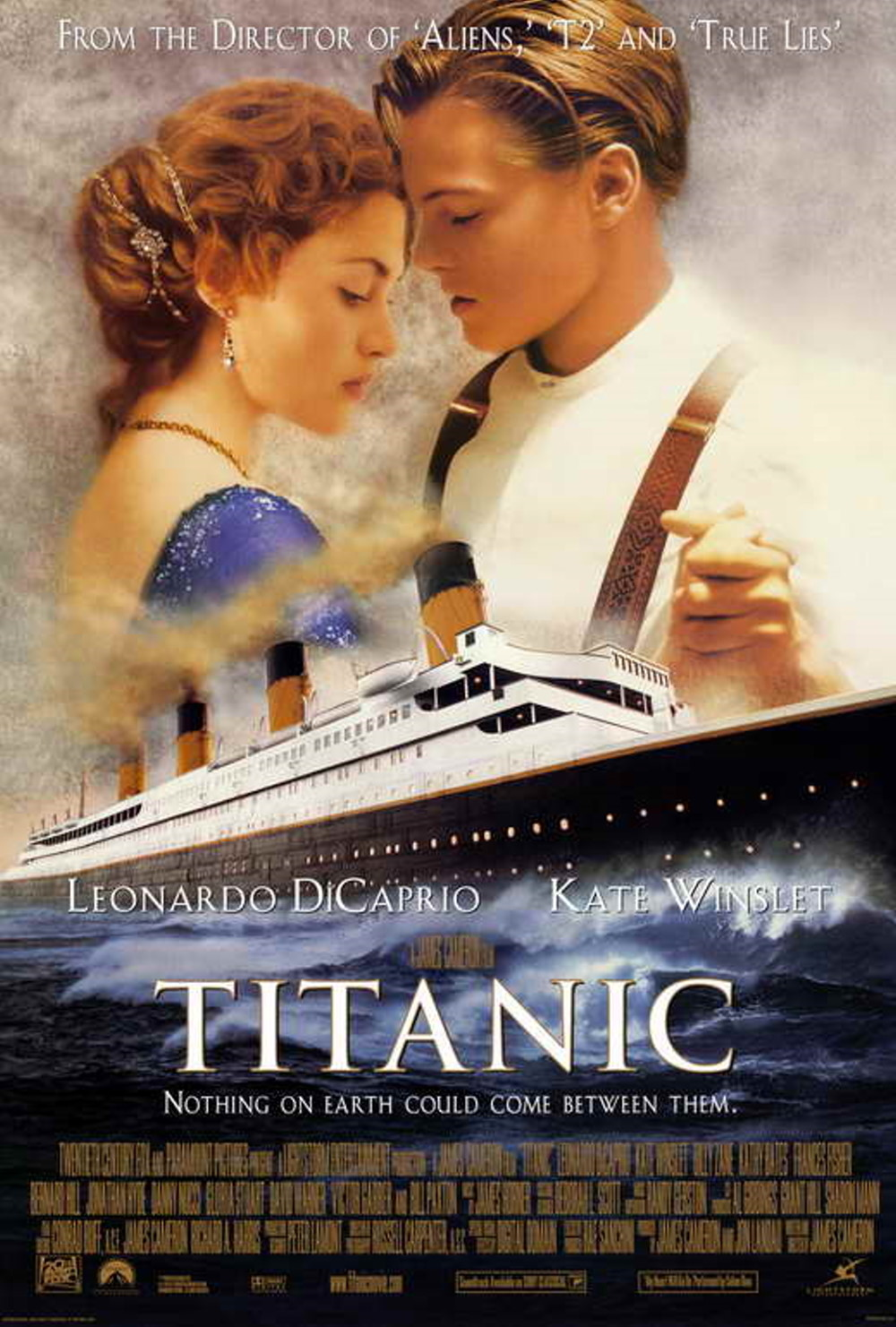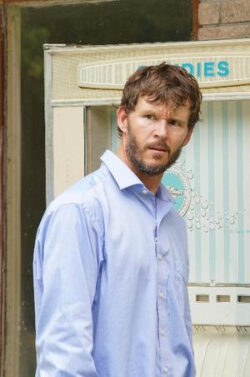Starring: Will Brill, Madeleine Morgenweck and Scott Fiend
Directed by: Scott Fiend
Rated: NR
Running Time: 82 minutes
1091 Pictures
Dennis (Fiend) and Mia (Morgenweck) are having problems. The couple is dealing with a tragic loss as well as Dennis’ substance abuse issues. Instead of breaking up or attending a marriage counselor, the duo head to Dennis’ family cabin to repair their broken marriage. Not too long after their arrival, a third wheel arrives. Roger (Brill), Dennis’ estranged and “out there” brother, has been vacant from the couple’s life, but seems ready to insert himself into it because he believes he can help them overcome the losses they’ve experienced and the quarrels they’re having. Well, depending on who you believe or what scenes you believe are real, the answer is difficult to find.
“To the Moon” makes us a question who to trust throughout it’s runtime. Whether we can trust the new-age, peculiar tag-a-long, Roger, or the disturbed and not all there, Dennis. Both have their flaws and both seem to be willing and ready to throw the other under the bus. The brothers, even if they never admit it, are very much the same in this psychological thriller despite the differences in how they’re approaching this bizarre scenario. Both of them appear to be manipulating Mia when they discuss one another or themselves, slipping half-truths in between regular truths without ever saying anything that is an outright lie.
Outside the personal drama, there are several things that create this aura of doom. Roger seems to have too much fun, sometimes at others expense and keeps crafting a special tea for his brother that seems more nefarious each time he goes out to the woods to forage for berries. Dennis, despite having some of his flaws laid out to be picked at, is never upfront. What drug or drugs is he recovering from and why are some of his waking nightmares so in tune with his moods and emotions?
At a brisk 82 minutes, the trio never outstay their welcome, nor do they run out of things to squabble, bicker and hate each other over. While all three manage to gnaw and thrash amongst the gloomy scenery, the audience attempts to piece together the final truth before the film closes out. That being said, the film’s premise eventually pays off, but not without lingering questions. At least the questions it leaves unanswered allow us to plug in the gaps of the madness that just unfolded on-screen. Even those who have a bad time might walk away with a nagging curiosity.
















